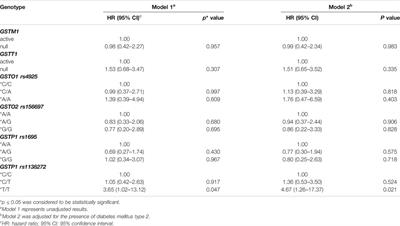REVIEW
Published on 23 Jun 2021
The Role of Tumour Metabolism in Cisplatin Resistance

doi 10.3389/fmolb.2021.691795
- 11,896 views
- 58 citations
10k
Total downloads
45k
Total views and downloads
Select the journal/section where you want your idea to be submitted:
REVIEW
Published on 23 Jun 2021

ORIGINAL RESEARCH
Published on 07 Jun 2021

ORIGINAL RESEARCH
Published on 14 Apr 2021

REVIEW
Published on 13 Apr 2021

REVIEW
Published on 27 Jan 2021

ORIGINAL RESEARCH
Published on 06 Oct 2020


Frontiers in Cell and Developmental Biology